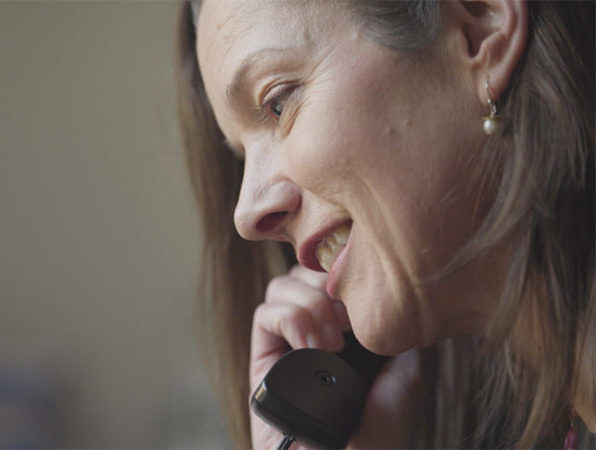Need to talk about end of life care?
Our nurses are just a phone call away. They can talk for as long as you need. You can also contact them by email.
If you have cancer that can’t be cured, you may see a specialist palliative or supportive care team. These teams help people to live as well as possible for as long as possible.
Palliative care is not just for people at the end of their life. It is available at any point during your treatment or care. It aims to manage any symptoms you may have, as well as emotional, physical, practical and spiritual support. Supportive care is similar. It aims to make sure that you get this support from a very early stage in your care.
Your healthcare team should tell you what to expect and make sure you have the support you need.
You should be supported to think about how you would like to be cared for in the future, as your health changes. This might include what care you would or wouldn’t want, and where you want to receive any care. This is called advance care planning.
You may want to create a written record of your wishes and share this with your family, healthcare team and GP. You can change your wishes at any time.
If you are approaching the end of your life, your care will focus on managing any symptoms you have, as well as supporting you emotionally and practically. It aims to help you live as well and as comfortably as possible.
If you haven’t been referred to specialist palliative care services, ask your GP, district nurse or hospital team about whether a referral would be helpful.
You should get well coordinated care towards the end of your life. The healthcare team looking after you may include your GP, a district nurse, your local hospice or a specialist palliative care team.
Our nurses are just a phone call away. They can talk for as long as you need. You can also contact them by email.


Updated August 2024
Review date August 2026